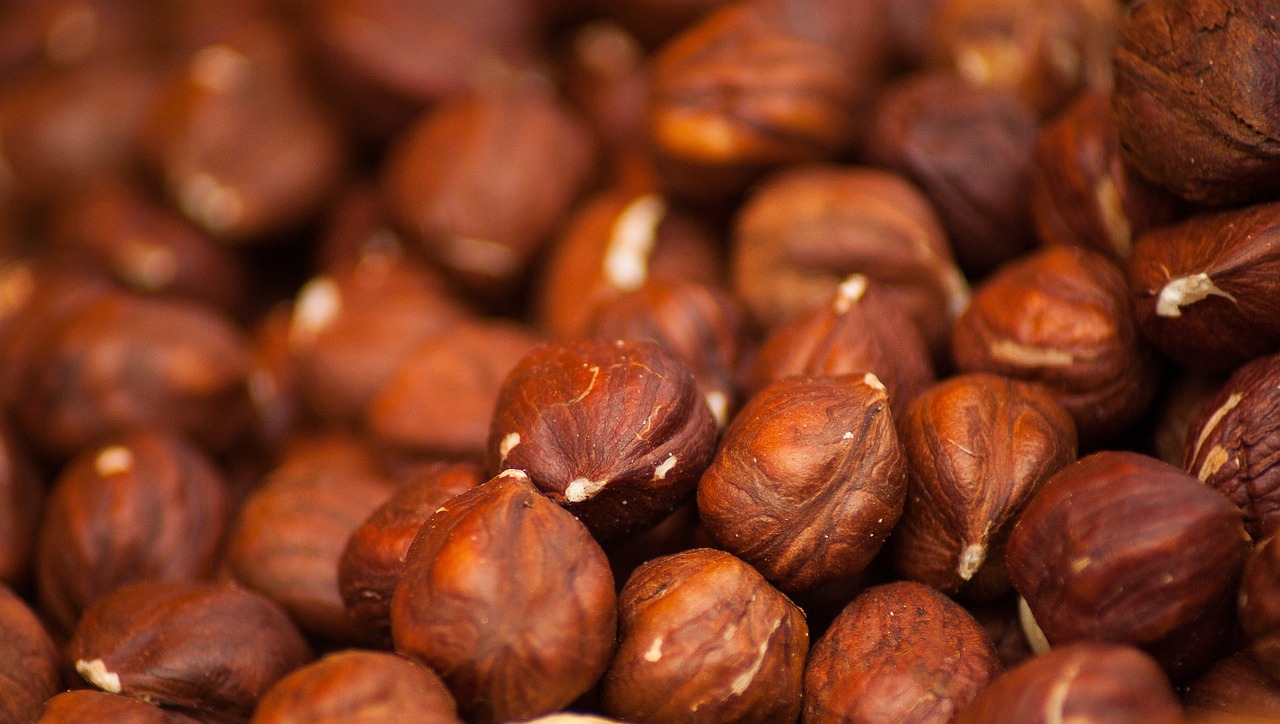Protein is a vital macronutrient responsible for building, repairing, and maintaining muscle tissue, organs, and even skin and hair. It plays a significant role in hormone production, immune function, and energy provision. However, understanding how much protein you really need can be challenging, as it depends on several factors, including age, weight, activity level, and health goals. Here’s a breakdown of how to determine your optimal protein intake.
Daily Protein Recommendations
The Recommended Dietary Allowance (RDA) suggests that the average adult needs about 0.8 grams of proteins per kilogram of body weight per day to meet basic nutritional needs. This is the minimum amount required to prevent deficiency, but it may not be ideal for everyone, particularly for active individuals or those with specific health goals.
To calculate this, you can use this simple formula:
Your Weight in kg×0.8=Daily Protein Requirement in grams\text{Your Weight in kg} \times 0.8 = \text{Daily Protein Requirement in grams}
For example, if you weigh 70 kg (about 154 pounds), you’d need approximately 56 grams of protein per day according to the RDA. how much protein do i need
Protein Needs Based on Activity Levels
- Sedentary Individuals: For people who are mostly sedentary, the RDA (0.8 grams per kilogram) generally suffices. This equates to about 46 grams daily for women and 56 grams for men, based on average weights.
- Active Individuals and Athletes: Those with moderate to high physical activity, especially if engaging in resistance training or endurance sports, may need 1.2 to 2.0 grams per kilogram of body weight. This is especially true for athletes looking to support muscle recovery, repair, and growth. For example, a 70 kg athlete might need between 84 and 140 grams of protein per day.
- Older Adults: With age, the body becomes less efficient at processing proteins. Research suggests that older adults benefit from a slightly higher intake, around 1.0 to 1.2 grams per kilogram of body weight, to help prevent muscle loss and support bone health.
- For Weight Loss or Muscle Gain: When focusing on weight loss, a higher proteins intake can be beneficial for maintaining muscle mass while burning fat. Proteins has a thermic effect, meaning the body uses more energy to digest it compared to fats or carbohydrates. For weight loss or muscle gain, aiming for 1.6 to 2.2 grams per kilogram of body weight is often effective.
Protein Sources and Timing
Good protein sources include:
- Animal-based: Chicken, beef, eggs, fish, dairy products.
- Plant-based: Beans, lentils, quinoa, nuts, tofu, and tempeh.
Timing can also be important, especially for those engaged in regular workouts. Spreading protein intake evenly throughout the day, including a source in each meal, can optimize muscle synthesis. After workouts, a snack with about 20-30 grams of proteins is recommended for muscle repair and recovery.
Signs of Too Much or Too Little Proteins
- Signs of Insufficient Proteins: Fatigue, muscle loss, hair loss, and weaker immune function can result from low protein intake. how much protein do i need
- Signs of Excessive Proteins: High proteins intake can strain the kidneys and liver, especially if it’s significantly above recommended levels. Always ensure adequate water intake to support kidney function if your protein consumption is high.
Final Thoughts
For most people, aiming for 10-35% of daily calories from proteins is a practical guideline, although needs can vary widely. Consulting with a dietitian or nutritionist is ideal, particularly if you have unique health considerations, such as kidney issues or metabolic conditions. Ultimately, understanding your body’s specific proteins needs and tailoring your diet accordingly can help support your health and fitness goals effectively.
